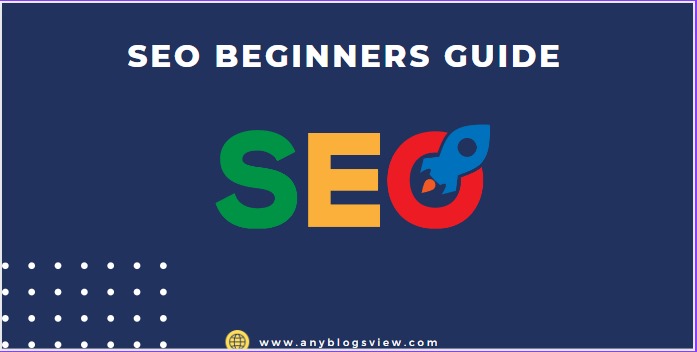Mastering Google's First Page: A Comprehensive SEO Guide for Beginners
In this comprehensive guide, I'll unveil a proven step-by-step formula that has consistently landed websites, including my own, on the coveted first page of Google. No more generic advice – just actionable steps to elevate your site's visibility. So, let's dive into the specifics without further delay.
Step 1: Keyword Exploration
SEO begins with keywords. Focus on low-competition, trending, and long-tail keywords. To unearth these gems, employ Google Autocomplete for suggestions. These keywords are not only popular but also less competitive. This step is crucial, as many beginners make the mistake of targeting highly competitive keywords. For instance, if you operate a skincare brand, targeting "skincare routine" might seem logical, but it's likely too competitive for new sites. Instead, opt for long-tail variations like "skincare routine for men" or "skincare routine for dry skin." Utilize Google Autocomplete and scroll down to the related searches section for additional ideas.
Step 2: Craft Exceptional Content
Having identified your keywords, it's time to create outstanding content around them. In the past, extensive guides with thousands of words were the norm, but today, the focus is on search intent. Understand the unique intent behind each keyword and tailor your content accordingly. If a user is searching for "best organic cat food," they are likely in browsing mode, comparing options. Craft content that compares the pros, cons, and pricing of different cat foods. On the other hand, if the user searches for "buy cat food online," they are further down the funnel and ready to make a purchase. Your content should satisfy search intent and bring something new or better to the table compared to existing results.
Step 3: On-Page SEO Simplified
On-page SEO has evolved, and simplicity is key. While it's crucial to signal relevance to Google, the days of keyword stuffing are long gone. Place your keyword in the title, within the first few hundred words, and strategically throughout your content.
For instance, a post from the exploding topics blog optimized around the keyword "business trends" includes the exact keyword in the title, the first hundred words, and sporadically throughout the page. The focus here is on relevance rather than intricate on-page SEO tactics.
Step 4: Prioritize User Experience
User experience is paramount in Google's ranking algorithm. Front-load the value in your content – give users what they seek right away. Optimize your content layout for easy skimming.
Learn from industry leaders like healthline.com, which boasts a simple layout, easy-to-read font, and numerous subheadings making content easily digestible. Remember, hard-to-read content equates to won't-read content, regardless of its quality.
Step 5: The Power of Backlinks
Backlinks remain a cornerstone of SEO. For beginners, I will suggest, that the "Be the Source" strategy. Target specific industry statistics that are hard to find elsewhere. This approach works exceptionally well for new sites lacking authority. For instance, if a specific statistic in your industry is challenging to locate, create a dedicated page around it. At exploding topics, we capitalized on the search for "how much data is generated per day." By being the source for this statistic, we quickly became the go-to for bloggers and journalists, securing backlinks within a week of publishing.
Key Takeaways
- Low-Competition Keywords: Target trending, long-tail keywords.
- Exceptional Content: Satisfy search intent with unique and high-quality content.
- On-Page SEO Simplicity: Strategically place keywords, focusing on relevance.
- User Experience Optimization: Front-load value, prioritize easy reading.
- Backlink Building: Be the source for specific industry statistics.
Conclusion
Armed with these actionable steps, you're ready to embark on your journey to Google's first page. Now, it's your turn. Which step are you eager to try first? Share your thoughts in the mail, and let's elevate your site's ranking.
